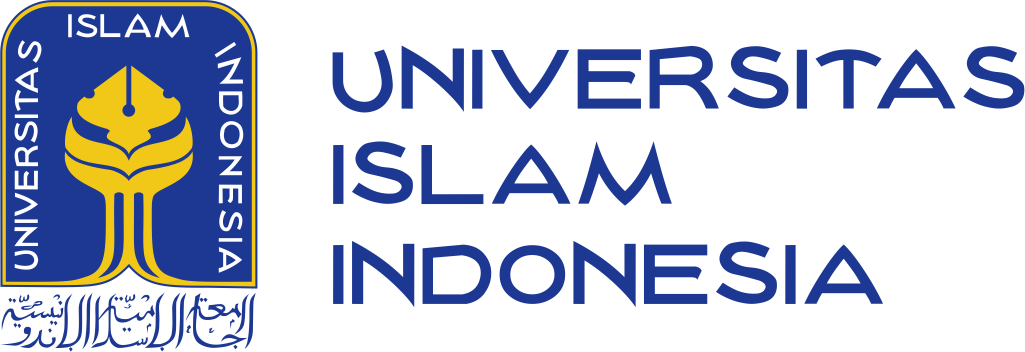Religious Education, Sciences and Civilization
In this short welcoming speech, I would like to share two thoughts that may stimulate further meaningful discussion among us. I encourage myself to do so, even if it seems like pouring a handful of salt into oceans.
Firstly, the theme of the conference is both important and interesting, “the role of religious education in the consolidation of national spiritual integrity”.
To me, in addition to ta’lim (the imparting and receiving of knowledge) and tarbiyah (the development of individual potential or the process of nurturing), a successful religious education will also consist of the process of character development as a solid foundation for moral and social behaviour within the community and society at large.
Syed Muhammad Naquib al-Attas calls it ta’dib, the process of instilling and inculcation of adab. An educated man, hence, is a man of adab or insan adabi.
The theme of the conference is even more important in the post-truth era, in which our perception in seeing the world is heavily affected by abundant information that is exposed to us.
The problem is that the validity of information is not easy to be confirmed. Adab or good character, to a great extent will equip us with a filter that encourages us to become responsible independent thinkers to protect ourselves from the meaningless public narrative.
In the last few years, we have witnessed that in many corners of the world, the production and the spread of hoax or false information have created a lot of incurable damages, including social segregation and polarisation. To a great extent, the damages have absorbed a lot of positive energy of a community or a nation, which is very important to make progressive efforts to build a better civilization.
Hence, I do hope that religious education can also play its important role in mitigating and curing these damages.
The second thought I would like to share is the fact that, in general, Muslim communities are lagging behind their counterparts in advancing sciences. I am fully aware that this claim itself may trigger another discussion.
Suppose we agree that religious education is a manifestation of tafaqquh fiddin initiatives. To complete the efforts (ikhtiyar), in that case, I will pose a question, perhaps a thought-provoking one: is it possible, in the nowadays context, the scientific inquiries may be seen as one possible form of jihads?
I hardly imagine the development of better civilization among Muslim communities without the advancement of sciences. I do not mention that our communities should be secluded from the global development, but instead, we need to design our own futures that will encourage us to actively engage and contribute to solve the human problems and to advance the humanity, together with other global actors.
If we do not design our own futures, other will do it for us.
Neglecting the aspiration to become a middle community (ummatan washatan), in the meaning of the best community that has been raised up for mankind (khaira ummah) is not an option. Otherwise, the Muslim communities may not able to be witnesses over humanity (syuhada’a ala al-naas) as mandated by the Holy Qur’an. Mastering and coping with the advancement of science, may be one of the qualities that should be collectively designed and developed.
It gives me a great pleasure to congratulate the Egyptian University of Islamic Culture Nur-Mubarak for all its achievements since its inception 20 years ago. Also, to the people of the Republic of Kazakhstan for the 30th anniversary of the independence. I wish that the conference will be successful one. May Allah’s blessings, protection, and helps always be with us.
As the building of a better civilization is a collective effort, we believe that fruitful collaboration among actors, including among universities, is very important.
Our African friends often say: if you want to go fast, go alone; but if you want to go far, go together. We want to go far, since the civilization building is a life-time effort, hence we should go together, go hand-in-hand. Insha Allah.
Allahu al-musta’aan. Only to Allah we seek for help.
Delivered as a welcome speech at the opening ceremony of the International Scientific and Practical Conference “Importance Of Religious Education In The Consolidation Of National Spiritual Integrity” held by Egyptian University of Islamic Culture Nur Mubarak (Nur Mubarak University), Kazakhstan, 27 May 2021.





